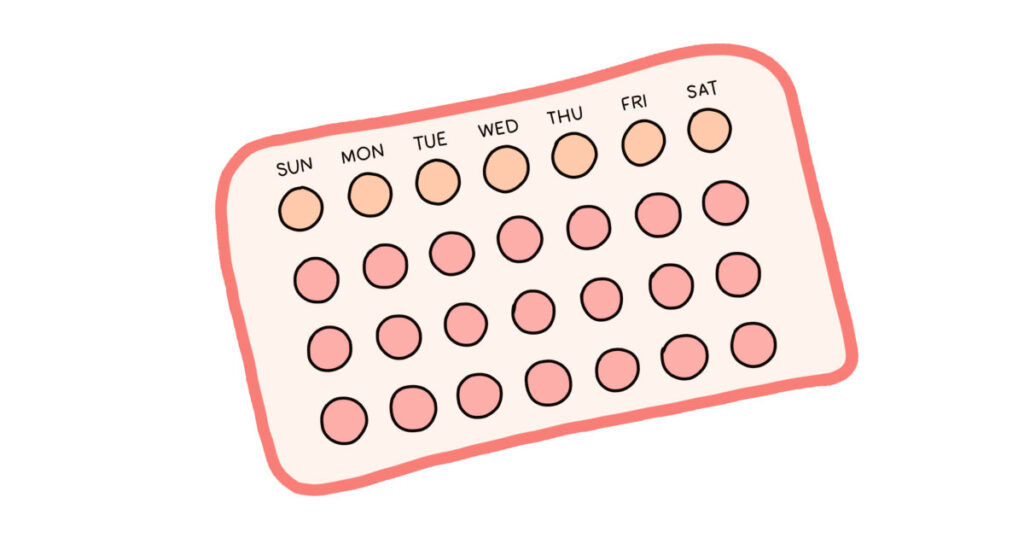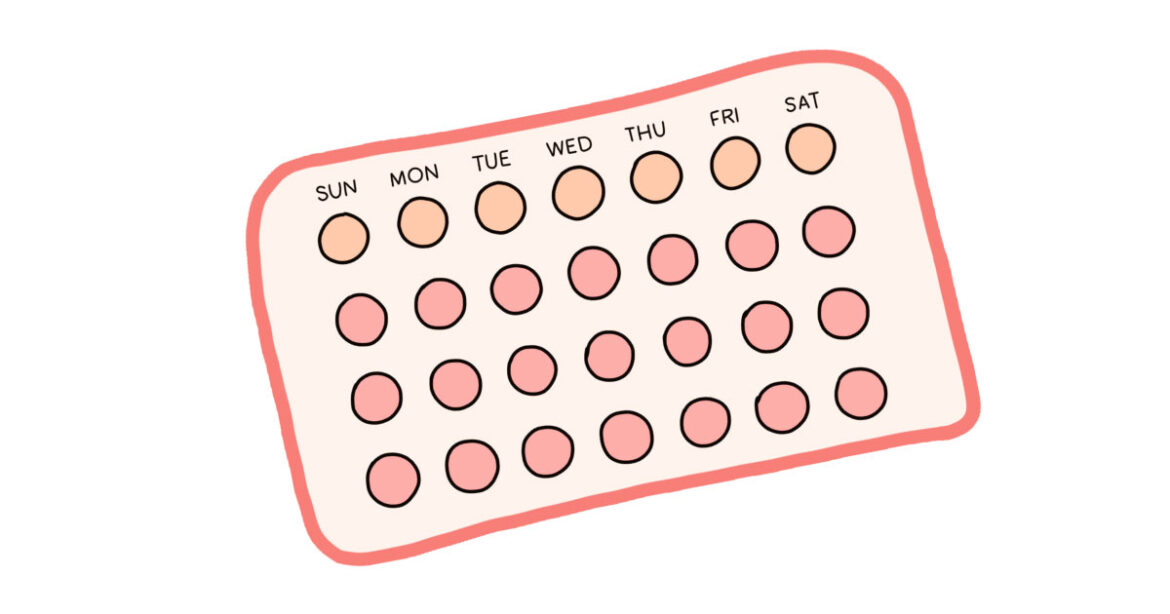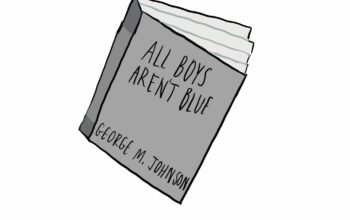Do students know how to access them? And if so, which resources do they use?
In an October survey, The Roosevelt News found that 19.9% of 216 surveyed Roosevelt High School students are or have been sexually active. For these students, and even their non-sexually active peers, there is a multitude of reproductive health services available in the Roosevelt community.

One of these resources is the Teen Health Center, which provides preventive and reproductive health care, health education, and referrals to other clinics, experts, and treatment options. The clinic is part of the Neighborcare Health organization, a network of community health centers in Seattle.
According to their mission statement, the organization aims to provide “comprehensive healthcare to families and individuals who have difficulty accessing care.” The THC’s membership in this network grants students and their families access to Neighborcare clinics, even when schools aren’t open.
Accessing School-Based Sexual Health Resources
According to TRN’s survey, only 50.5% of students felt that they received an “adequate amount of information” on the clinic. Most students reported having learned about the clinic through a class presentation.
34.3% of students said they received most of their information by going to the clinic in person. One anonymous student shared, “I think that if students are able to get themselves into the Teen Health Center, they will know a lot more about what’s going on.”
Caitlin Yoes, THC educator, explained that students don’t always realize the services available to them. She stated, “Under the reproductive health services [at the THC], sometimes people don’t realize that we can … prescribe birth control. And that includes all different methods, so we can even place IUDs and arm implants.” Intrauterine devices, or IUDs, and arm implants are two forms of hormonal birth control for people with uteruses, and are inserted through a minimally invasive procedure that the clinic routinely performs.
The Resources Most Commonly Accessed at RHS
In the survey by TRN, 19.4% of Roosevelt students polled said that they had accessed reproductive healthcare services through the THC. Of those who reported being sexually active, 48.7% said they had utilized those services.

Out of all the reproductive health care available at the clinic, students were most likely to receive contraceptives. Among those who had utilized the clinic’s sexual health services, 76% had taken free condoms, 11.9% had obtained emergency contraceptives such as Plan B, and 11.9% had received other forms of birth control.
Overall, Roosevelt students were extremely likely to use contraceptives; 97.4% of students who reported being sexually active said they used some form of contraceptive the last time they had sex.

When students were asked in the survey what encouraged them to seek sexual health treatment through the THC, the factors cited most frequently were recommendations from friends, information provided in class presentations, and the fact that the clinic’s services are confidential and free.
Worries About Confidentiality and Social Stigma
On the other hand, apprehensive students most commonly cited their uncertainties about confidentiality and fears of social judgment as the factors that discouraged them the most.
This phenomenon is not unique to Roosevelt. In a 2019 study called “Confidentiality in the Doctor-Patient Relationship,” published in the “Journal of Pediatrics,” researchers asked people ages 14 to 24 about their experiences with confidentiality in their health care. The study found “Youth may lie about their risk behaviors or not seek health care when concerned about confidentiality.”

Yoes stated, “I would say that the big [thing students don’t realize about the clinic] is confidentiality. … So if someone is coming in and they’re getting birth control, or they’re getting STD testing, like even if a parent came in and asked us about it, we wouldn’t be able to legally share that information without the student’s permission.”
In Washington state, testing and treatment for sexually transmitted diseases and infections, including HIV/AIDS, are available without a guardian’s consent if the patient is over the age of 14. Yoes explained, “The Teen Health Center essentially follows Washington State laws around what services can be confidential. So according to Washington State law, people are able to access reproductive health services under the age of 18 without needing current parent consent, or notification.”
Student Views on the THC
One anonymous student encouraged their peers to visit the clinic, even if they are unsure. “I think that students at this school should not be afraid or discouraged from going to the THC. They are incredibly supportive and are a really great team. I have gone through so much especially after becoming sexually active and I could always rely on the people in the THC to help me.”
Another anonymous student recounted her positive experience getting an arm implant at the clinic. “It went really smoothly,” she said, “I personally was very scared to get it. … They provided me with a lot of information that I didn’t know about, which I thought was really helpful. … They made sure that I understood what was going on.”
The student expanded that if she didn’t understand any of the terminologies the nurses were using, “They would explain it to me in a better manner and break it down into small chunks, which for me, was really nice.”
Roosevelt students can fill out a short form online to schedule an appointment for the clinic. Furthermore, students who don’t have health insurance and are unable to cover the costs of services don’t have to pay. According to Yoes, “If somebody doesn’t have insurance, we can help them get signed up for health insurance through the state of Washington.”

Outside Sexual Health Resources for High Schoolers
Another option made available to students is Planned Parenthood, which has several locations near Roosevelt. They provide birth control, emergency contraceptives, HIV and STD treatments, pregnancy testing, and abortion services.
School clinics can only provide a limited range of services, and the clinic tries to counter this by providing school-based referrals to doctors or clinics, such as Planned Parenthood, when necessary.
Planned Parenthood follows the same consent and confidentiality laws as the clinic. To receive services, prospective patients must fill out a client registration form on their website. Planned Parenthood does ask for insurance information. However, they offer payment plans and sliding scale options for those without insurance. For uninsured or underinsured patients, the cost of services is based on annual income and household size.
One of Planned Parenthood’s teen services is the ability to chat with a health educator on their website, seven days a week, to come up with an action plan for the patient’s needs.
Roosevelt students can also access reproductive healthcare services at the Public Health Teen Clinics run by King County. These clinics provide birth control methods, STD and HIV tests, Plan B, pregnancy tests, and sexual health information.
The Benefits of Sexual Health Resources for Teens
According to the Centers for Disease Control and Prevention, “Increasing access to and awareness of sexual health services has positive impacts on student health.” Additionally, the 2016 study “Local Access to Family Planning Services and Female High School Dropout Rates,” found that 30% of all female high school dropouts named parenthood and pregnancy as the reasons for leaving high school.
The study also concluded that “the presence of a Planned Parenthood clinic was associated with a decrease [of about 20%] in female high school dropout rates.” The researchers concluded that having sexual healthcare readily available to students positively impacts their ability to get a full education.

Kara Macdonald, a health teacher at Roosevelt, feels that the significance and benefits of the reproductive healthcare options Roosevelt students have should be greatly appreciated, “The fact that you could access birth control, get an IUD and then return to class is phenomenal.”
She concluded, “I’m not sure all students at Roosevelt realize what a privilege and what an exceptional level of access that they have, because it’s always been available to them and it’s always been available in this district as long as they’ve been alive, but [the students] should know that that is unheard of in the majority of places and schools throughout our country.”
The Roosevelt Teen Health Center is open from 8 a.m. to 4:30 p.m. in room 255. Students can make an in-person or telehealth appointment with Planned Parenthood online or by calling 1-800-230-PLAN.
King County Teen Clinics have locations in Auburn, Bellevue, Federal Way, and Kent. The closest clinic, the Eastgate Public Health Center, can be contacted at 206-477-8000 or in person at 14350 SE Eastgate Way in Bellevue.
Follow The Roosevelt News on Instagram @therhsnews. Questions, comments, or concerns? Contact the Editorial Board at therooseveltnews@gmail.com.
Your voice matters. Share your thoughts and experiences in the comment box below.



